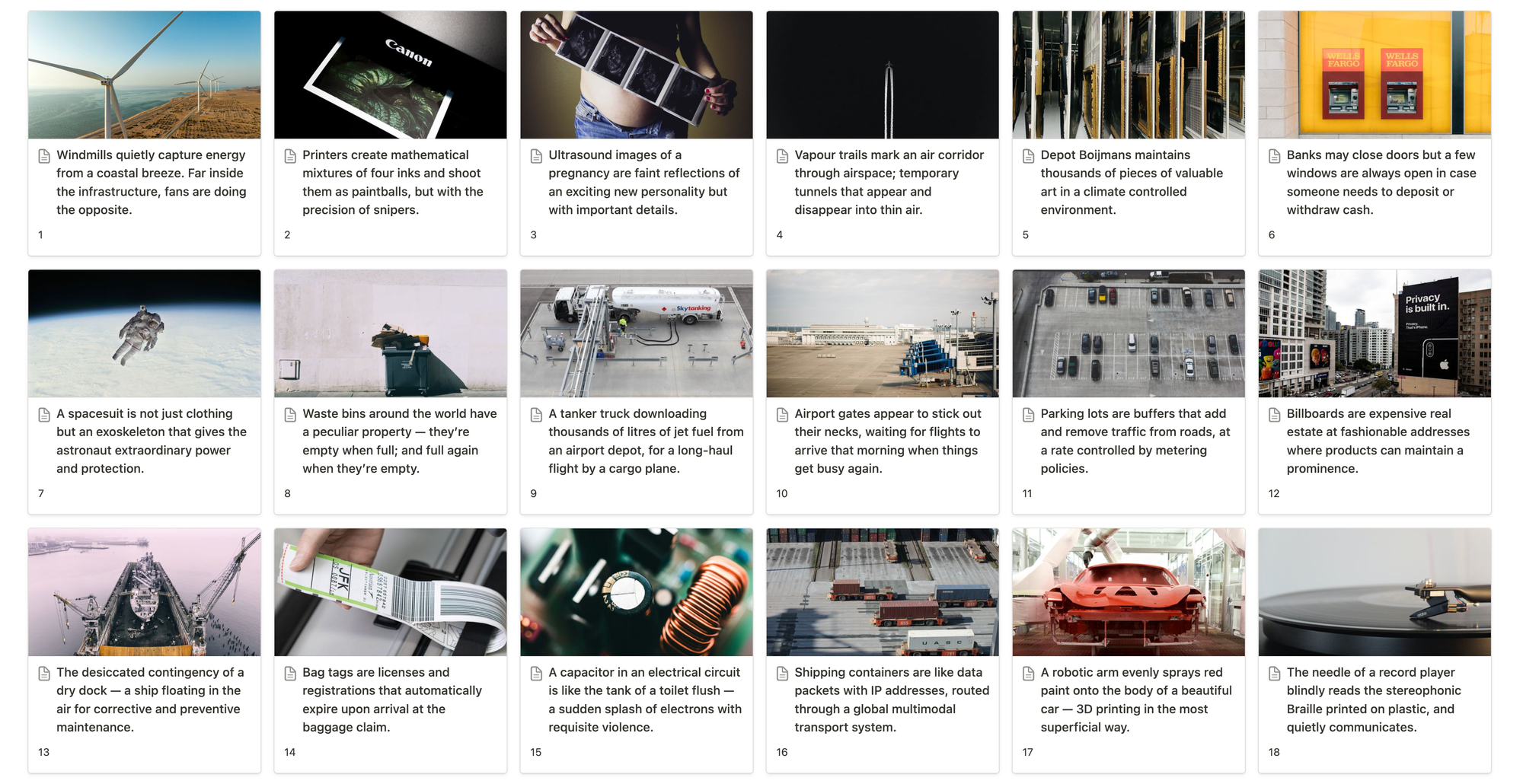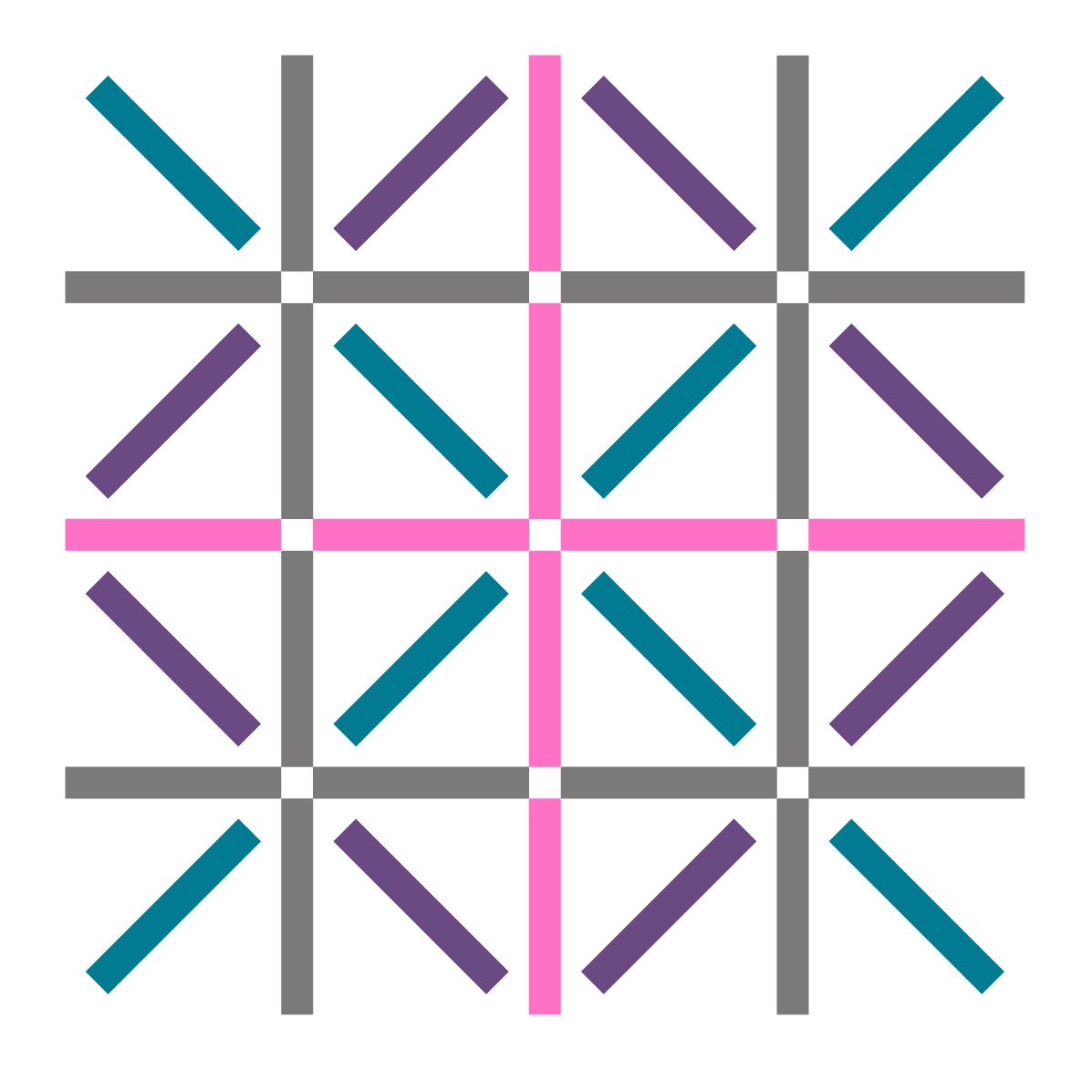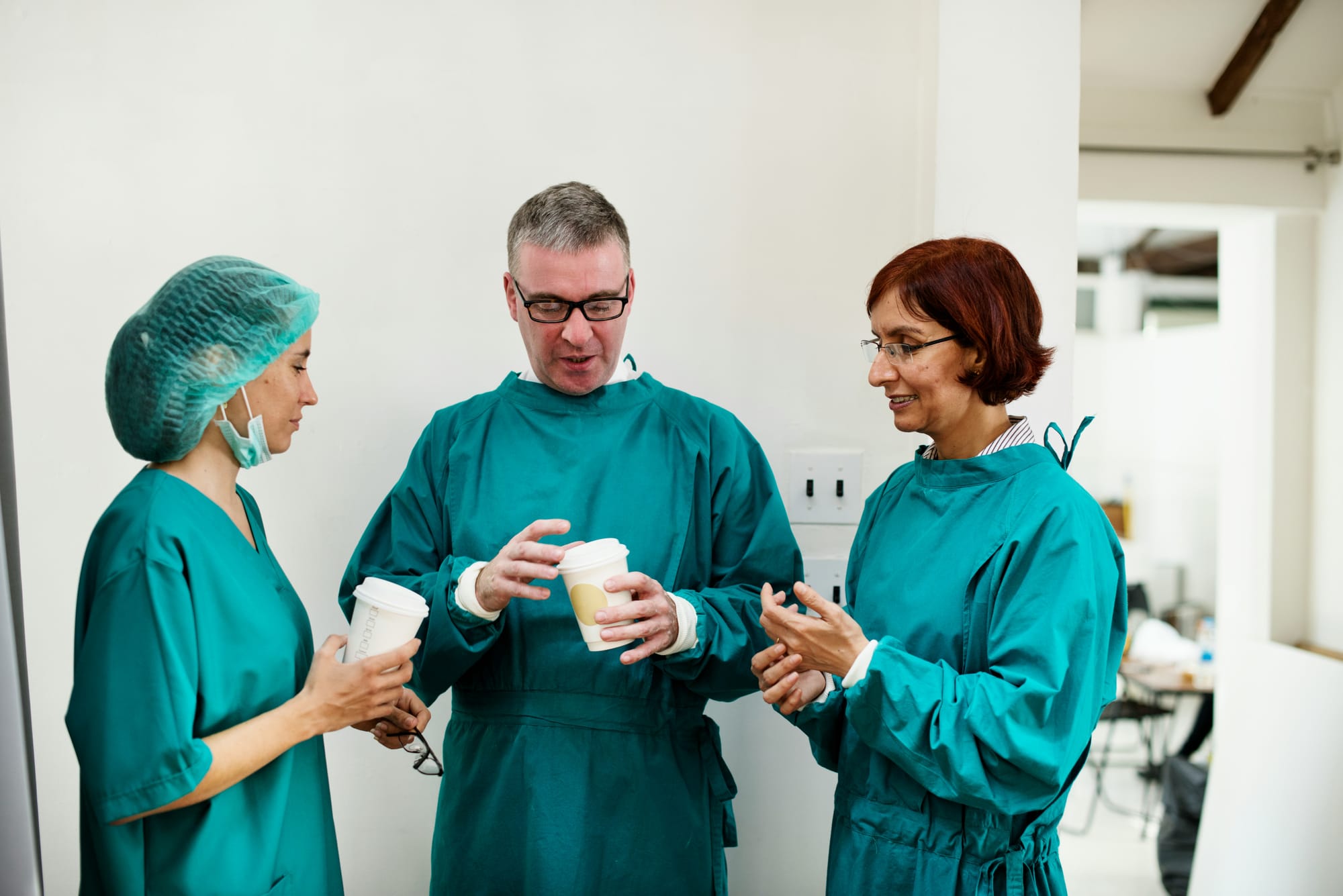Analogy is a form of collective intelligence. Without concepts there can be no thought, and without analogies there can be no concepts. – Douglas Hofstadter and Emanuel Sander in Surfaces and Essences, 2013.
Analogy and abstraction are at the heart of human intelligence. They are key to studying problems, finding new solutions, and borrowing from other domains. But lazy comparisons and false positives won't help. Industrial-grade analogy and abstraction that people will put money on, require analytical skills that go beyond the obvious to make a case. There is enough such work around the world that teams are training AI on abstraction and reasoning. There is even a million dollar prize. Therefore, I will be teaching a new four-week course on analogy and abstraction for the following purposes:
- understanding a problem at a molecular level;
- finding problems that are structurally similar but appear different;
- deciding to adapt an associated solution, or not.
The course will be taught in 8 sessions (2 per week), with 8 cases and 1024 photographs. Participants will be from all backgrounds; no prerequisites in philosophy, math, or computer science or philosophy. But curiosity and imagination are a must.
Why
We've entered an era in which every organisation will have to make changes to be profitable and sustainable. New regulations are making that 'not optional'. Everybody is open to change but nobody wants disruption. Changes that don't destabilise a system are small, selective, and based on proven solutions. It is like how we use genetics to cure disease or protect crops, by selectively inserting genes or switching off parts. Small changes, big improvements. But we know how to edit genetic code without disrupting life. We are not as good at editing business or government. This course teaches a bit towards that. Why are some designs more immune to costs and risks and others less resistant? What can hotels can learn from hospitals; aircraft maintenance from dental care; or waste removal from property insurance?
How
You will learn analogy and abstraction at a technical level but with child-like curiosity and imagination, by going through a curated catalogue of 1024 photos; evocative images of everyday things, from airport gates to dry docks, billboards to waste bins, bag tags to shipping containers, automotive painting to cash withdrawals.

Each image is an opportunity for analysis and intepretation. And, you, as if a machine that's learning, will look at each image and make an analogy or perform an abstraction. You will classify, categorise, tag and label the items; annotate them with your observations. Going through the catalogue with others, you will discuss and debate with them, and in the process practice and develop the following skills:
- Captioning, labelling and tagging things
- Building ladders of abstraction, trees and chains
- Removing information and applying exformation
- Defining relationships and meaningful connections
- Defining categories, types and stereotypes
- Defining prompts, precepts, and parameters
- Identifying problem structures and failure patterns
- Writing functional specifications
Target audience
This course is for a general audience. Your job could be to design protocols to reduce medical errors, to help a local bus operator to reframe ride-sharing, or to help a city reduce waste in waste management. You could be developing new risk models for an insurance company, advising a startup on scaling its operations. Just look at the range of cases we will discuss:
- The family tree of an Eames lounge chair
- Grocery shopping: From the Piggly Wiggly to the Amazon Go
- Solving the societal problem of airline boarding and seating
- Airbnb, WeWork and Uber for X: What went wrong, what went hell
- Clinical endpoints and the digital measurement of health
- Climate change, sustainability and carbon abstraction
- The City Genome Project: A proposal for EU funding
- An alternate word for ‘tax’.
Format and Length
It's a hands-on course without long lectures or slide decks. Discussion and debate will be part of the teaching process. The course will be taught in eight 90-minute sessions over a period of four weeks. The sessions will be on Zoom; two days a week. The course material will be on Notion, including the photo catalogue. The class will have off-line discussions in a Slack channel.
You can look at details of the course and sign up on Eventbrite.
Instructor
Majid Iqbal has more than 25 years of experience in industry and government. With a background in industrial engineering, he was helped organisations solve hard problems by reframing and refactoring them into several easier problems. Analogy and abstraction have also been a part of his own method, but a few years ago an EU government hired him with an assignment: "Teach us how to think abstractly. We don't see deep enough into our problems". That was right after he wrote the book Thinking in Services in which he shows how to see the designs of services in their most abstract forms.










